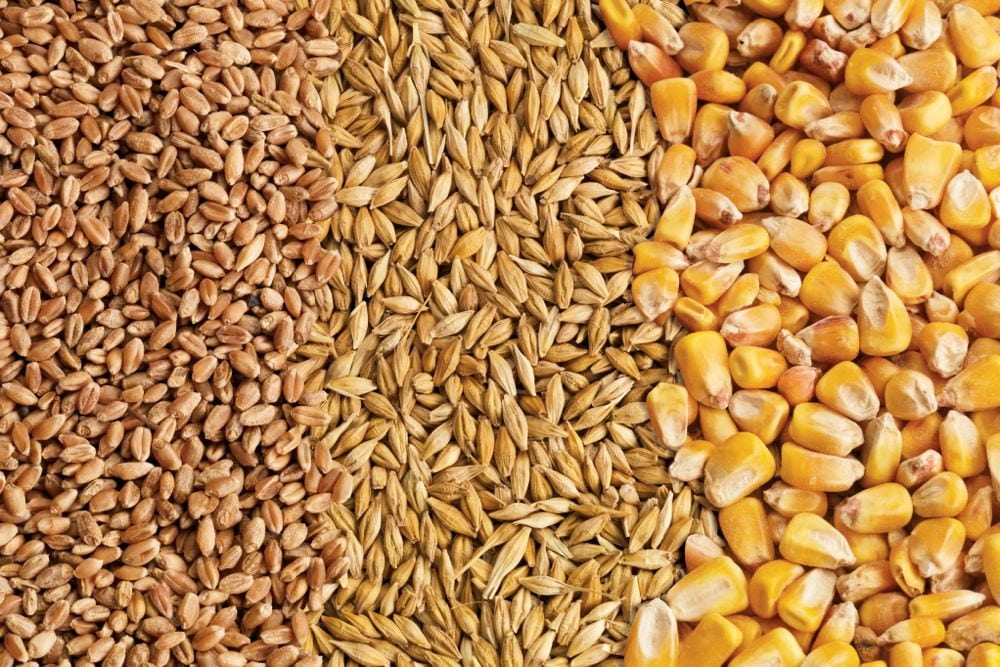Pioneer Hi-Bred, a division of DuPont, has announced a delay in commercial release of its corn hybrids and soybean varieties with the Optimum GAT trait.
DuPont says Optimum GAT is “the first-ever agricultural trait developed through proprietary DuPont gene shuffling technology,” which would enable new herbicide options to provide broader-spectrum weed control.
In a release, DuPont said Optimum GAT corn demonstrates excellent characteristics. “However, based on comprehensive harvest results, the current version of the trait in corn does not meet Pioneer’s high yield standards. Thus, Pioneer will not have controlled releases in 2010 and 2011 in North America.”
Read Also

Feed Grains Weekly: More consideration being given to U.S. corn
There’s beginning to be a shift within the Canadian Prairie feed market towards importing United States corn, said Darcy Haley, vice-president of Ag Value Brokers in Lethbridge.
The company said Optimum GAT soybean varieties have an average six per cent yield advantage over its current Pioneer varieties.
The technology had received full regulatory approval in the U.S., and Canadian approval was announced in September. It involves “stacking” of various genetic traits including those developed by DuPont as well as Monsanto’s Roundup Ready glyphosate-resistant technology.
The combination had sparked a lawsuit by Monsanto, which claims the trait stacking was not allowed under its licensing agreement with DuPont. In a release June 17, DuPont said that in a U.S. federal court filing, it affirmed the stacking “is clearly within its rights under the license agreement with Monsanto.” DuPont also said that patents relating to Monsanto’s Roundup Ready soybeans are invalid and, therefore, are not infringed when Optimum GAT and Roundup Ready traits are “stacked” in soybeans.
“In addition, DuPont is seeking broad relief under anti-trust laws that would end Monsanto’s multifaceted, anti-competitive scheme to unlawfully restrict competition,” DuPont said.
Following the announcement DuPont shares fell sharply, and were down 7.4 per cent at $32.24 in late-afternoon trading Dec. 7 on the New York Stock Exchange.














